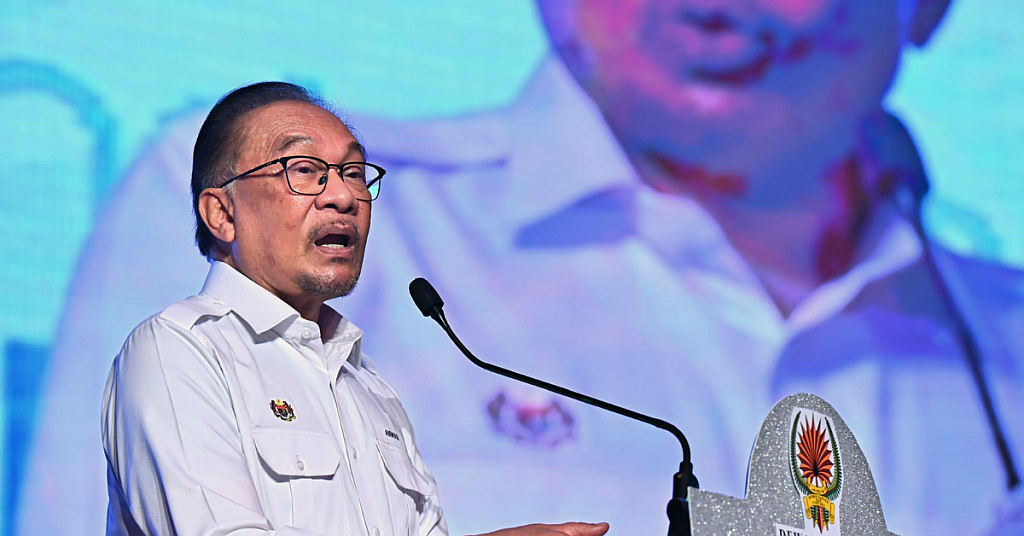Malaysia’s 2025 budget brings several notable updates for expatriates. Here’s what you need to know.
The annual budget in Malaysia rarely has much direct impact on resident expats, but the recently announced 2025 budget included a few items that may be of interest to foreigners living here. The total budget expenditure of RM421 billion (almost US$100 billion) was a record high made possible by the country’s strong economic growth. The main thrusts were to widen the tax revenue with a few new taxes and to fund new initiatives aimed at improving the lot of lower-income households. The budget also included some mega-projects aimed at flood mitigation.
It was generally aimed at making things better for the lower-paid families. The minimum wage is being increased from RM1,500 a month to RM1,700 a month. The government is going ahead with their plan to make subsidies better targeted towards lower-income households, and they have stated that RON95 petrol prices will rise next year in accordance with a realigning of the subsidies. It was pointed out that the price in Malaysia is already lower than Singapore, Thailand, Indonesia, and even Saudi Arabia. The budget speech emphasized that lower-income households would be fully protected against any price increases, although the exact methodology for this was not explained.
They also announced that Employee Provident Fund (EPF) contributions will become mandatory for non-citizens living here. Currently there is no requirement for expats to participate. EPF is the national retirement fund, with a total valuation of over RM1.1 trillion. Withdrawals are usually allowed after you reach the age of 55, but foreigners can withdraw when they leave the country.
Another welcome inclusion in the budget was that the exemption from tax on foreign income remitted into Malaysia is extended until 2036. When foreign income remitted into Malaysia became taxable a few years ago, exemption was given to individuals until 2026. This additional 10-year exemption will no doubt be welcomed by those expats who rely on foreign income to cover living expenses.
"ExpatGo welcomes and encourages comments, input, and divergent opinions. However, we kindly request that you use suitable language in your comments, and refrain from any sort of personal attack, hate speech, or disparaging rhetoric. Comments not in line with this are subject to removal from the site. "



















